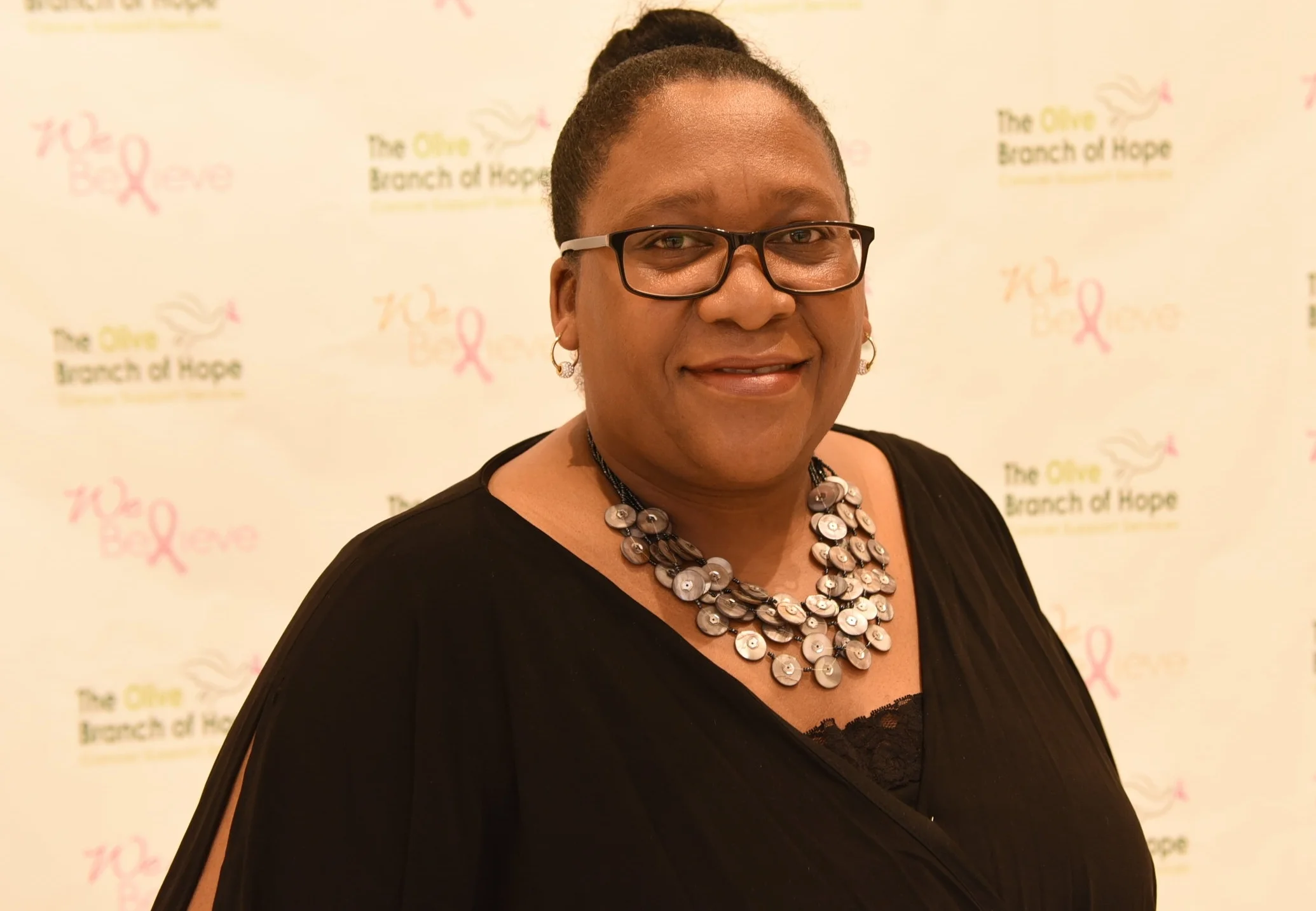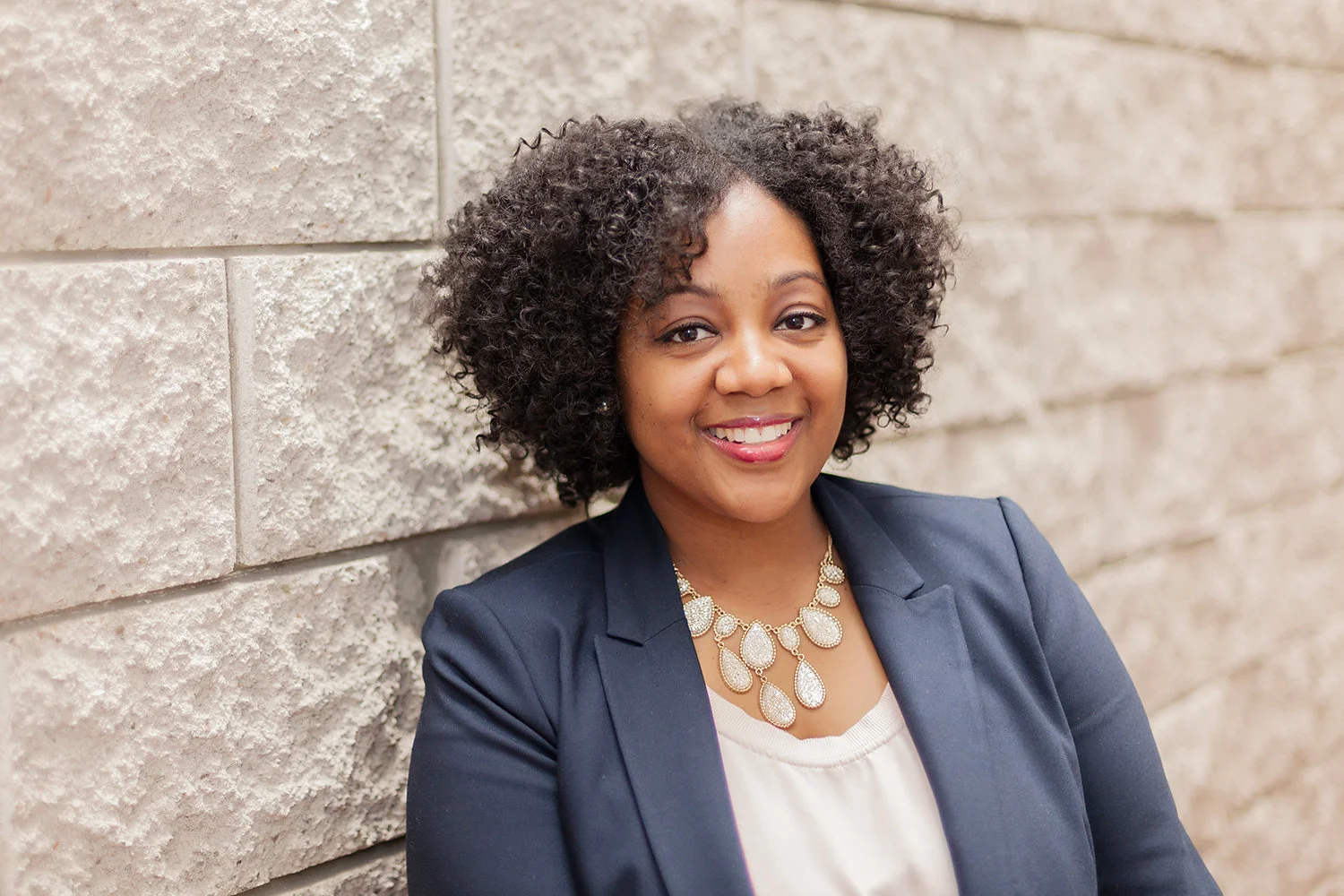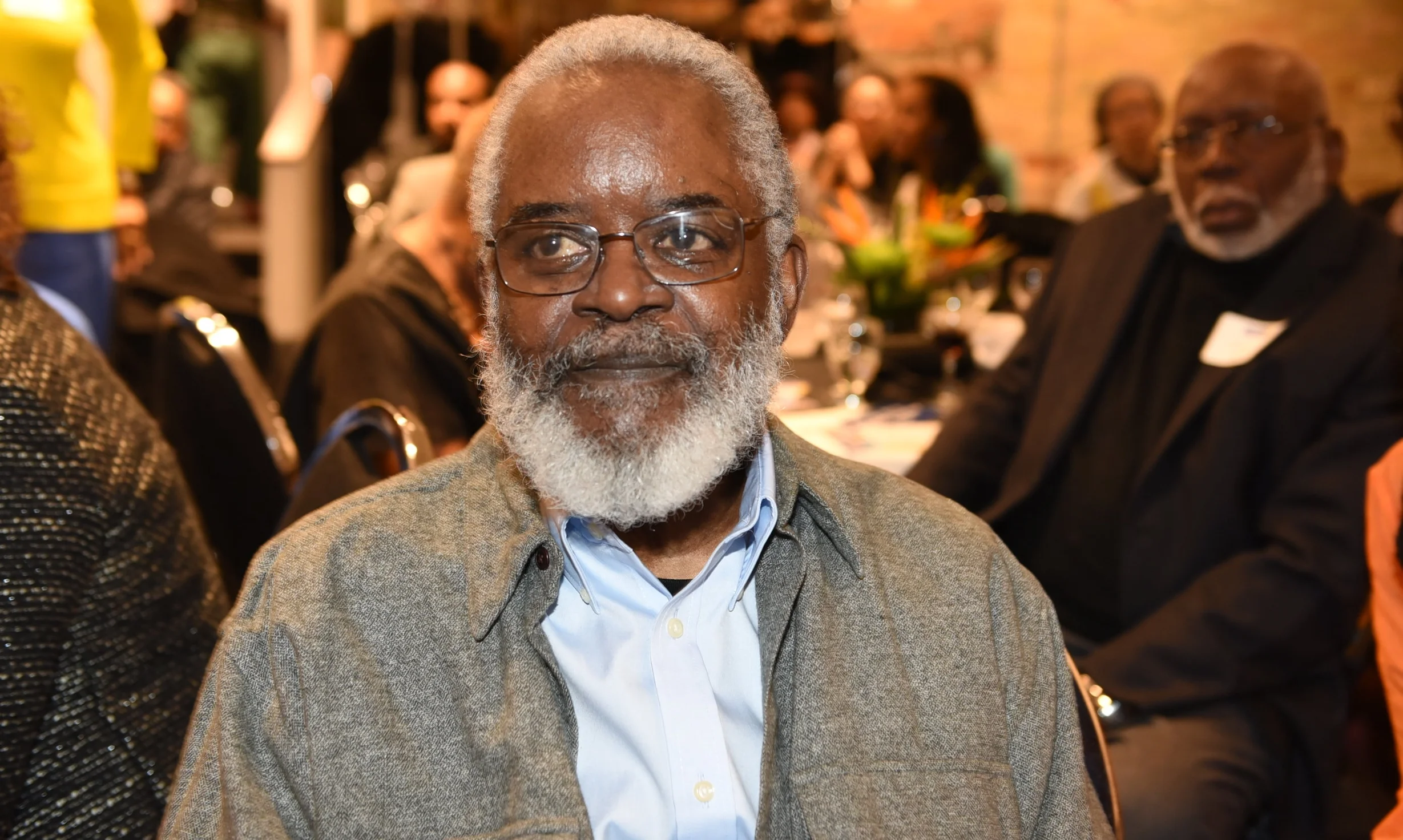OBOH committed to supporting Black female cancer survivors
April 28, 2017
Feeling a breast lump make most women uneasy.
It was no different for June Buckle who made the discovery while showering four years ago.
She saw her physician the following day and was diagnosed with Stage 3 cancer a week later.
The devastating news hit the single mother like a ton of bricks.
“It’s something you are not prepared for,” Buckle said. “The first thing I thought about was who was going to be there for my daughter. Though I was delivered a hard blow, I told myself I had to survive for both me and her. There was no way I was going to lie down and let the disease consume me. I am a fighter and the devil picked a battle with the wrong person.”
While undergoing therapy following surgery and radiation treatment, Buckle was introduced to the Olive Branch of Hope (OBOH).
Diagnosed in 1999 with the most common cancer that afflicts women, Leila Springer and six other women founded the OBOH in 2001 to provide encouragement, support, telecare and referrals for Black women diagnosed with breast cancer.
“At the time, they were just offering telephone support,” Buckle recalled. “After I learnt they had a survivors group that met monthly in Peel, I started to attend the meetings because I felt I could make a contribution by reaching out to women who were struggling with the disease. I could relate to what they are going through.”
The breast cancer survivor was among 300 guests that attended the OBOH annual fundraiser recently.
Breast cancer is the leading cause of death among middle-aged women and Springer made a commitment after she was diagnosed to help those afflicted with the disease in Canada's Black community cope with distress and crises associated with cancer.
“There was a day in 1999, I lay on my bed not being able to move,” she recounted. “I couldn’t move because the chemo was taking a toll on my body. I had lost my hair and my nails had turned black. It was on that day that I thought to myself if I am feeling like this and so alone, there had to be other people out there feeling the same way. I didn’t mind I was told I had just two years to live and that was 18 years ago. I made a pledge that when my health improved, I would do something to help other women that were feeling down and out.”
Winsome Johnson (l), Leila Springer, keynote speaker Dr. Evelyn Jiagge and new OBOH president Andrea Moncrieffe
Springer said the large number of tickets sold for this year’s fundraiser is testimony to the organization’s growth.
“There was a time when people didn’t even have the time to listen to what we had to say much less support us financially,” said the former World Conference on Breast Cancer president and author of ‘So Glad I Made It: Finding and Fulfilling My Life’s Purpose After Breast Cancer’. “If I wasn’t a strong person, I would have believed that something was wrong with me. We started off with very little, but we have come a very long way.”
Winsome Johnson, an OBOH co-founder who was diagnosed with Stage 4 breast cancer 23 years ago, said Springer is driven to help others.
“When I learned she was diagnosed, I called her to express support,” said Johnson. “At the time, my family was my support and I was proud to tell Leila that. But she expressed concern for other women who didn’t have support around them in time of need.”
In the last year, the OBOH has partnered with McMaster University professor and cell biologist Dr. Juliet Daniel on its ‘Think Beyond Love Pink’ breast cancer awareness campaign.
Her research laboratory is seeking to identify some of the genetic biases that can be causing the disparity in breast cancer among Black women.
“The high prevalence of triple negative breast cancer in women of African ancestry strongly suggests a genetic disposition to this breast cancer subtype,” said Daniel who is a 2017 Harry Jerome Award winner. “By focussing on this population of women, we hope to identify early indicators of this aggressive disease and/or new targets for successful treatment. We hope our work will close the racial disparities gap and improve breast cancer outcomes for all triple negative breast cancer patients.”
The OBOH has a change at the top of its management structure for the first time since its establishment.
Andrea Moncrieffe is the new president, replacing Springer who will serve as executive director.
“We are so delightful she’s on our team as she brings a wealth of experience,” Springer added. “We know she is passionate about the cause. We didn’t just want anybody. There was a need for someone that understands what we stand for and Andrea came along. We are so happy.”
A graduate of C.W Jefferys Collegiate Institute and Humber College, Moncrieffe has been an executive assistant at Sun Life Financial for nearly 25 years.
“I was touched personally by cancer when I lost my aunt a few years ago,” she said. “While it wasn’t breast cancer, her loss affected me and drew me to this organization. I plan to raise the visibility of this organization and also let people know that being diagnosed with cancer isn’t a death sentence.”
Barbados Ball Canada Aid, which has raised thousands of dollars in the last 14 years for health initiatives and scholarships, presented a $2,000 cheque to the OBOH.
Springer said the funds will be used to enhance the organization’s programs.
An estimated 24,000 Canadians will be diagnosed with breast cancer this year and about 5,000 will succumb to the disease. Nearly 14 women will die daily and one in nine is expected to develop the most common cancer among women during their lifetime.







